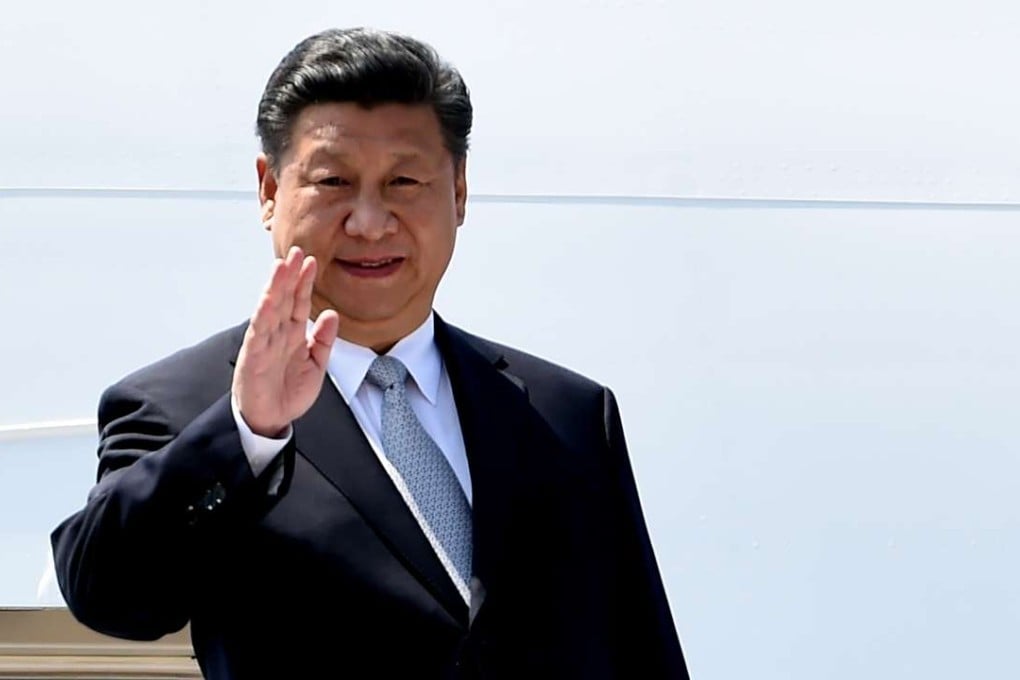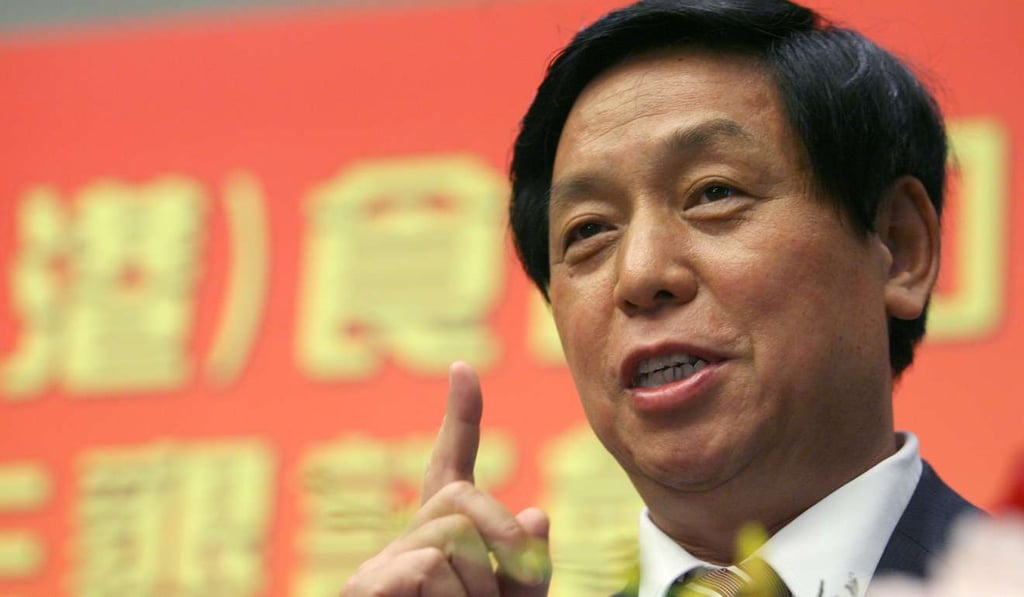Reading between the lines of Xi Jinping’s political philosophy
President’s political theory system is ‘basically complete’ and set to shape China’s governance for the years to come

President Xi Jinping’s political philosophy is now “basically complete”, according to his chief of staff, offering the latest insight into how the Communist Party is likely to go about enshrining the leader’s ideological legacy.
Li Zhanshu, head of the party’s Central Committee General Office, delivered the message in an internal speech in February that was made public only on Sunday night on the social media account of People’s Daily’s overseas edition.
What’s the real message behind Li’s message?
According to Li, Xi’s political theory is made up of a series of public remarks given by the president.
While Li stopped short of officially naming the theory, he referred to it as “Xi Jinping’s series of important speeches”, providing the latest confirmation that the system of political ideas conveyed in the leader’s speeches would be named after him.

As Li is a trusted ally of Xi and his office is the nerve hub of the top leadership’s daily operations, the chief of staff can be seen as speaking on behalf of the party’s top leaders. His words carry greater authority than People’s Daily editorials or remarks from senior policy advisers, for example.